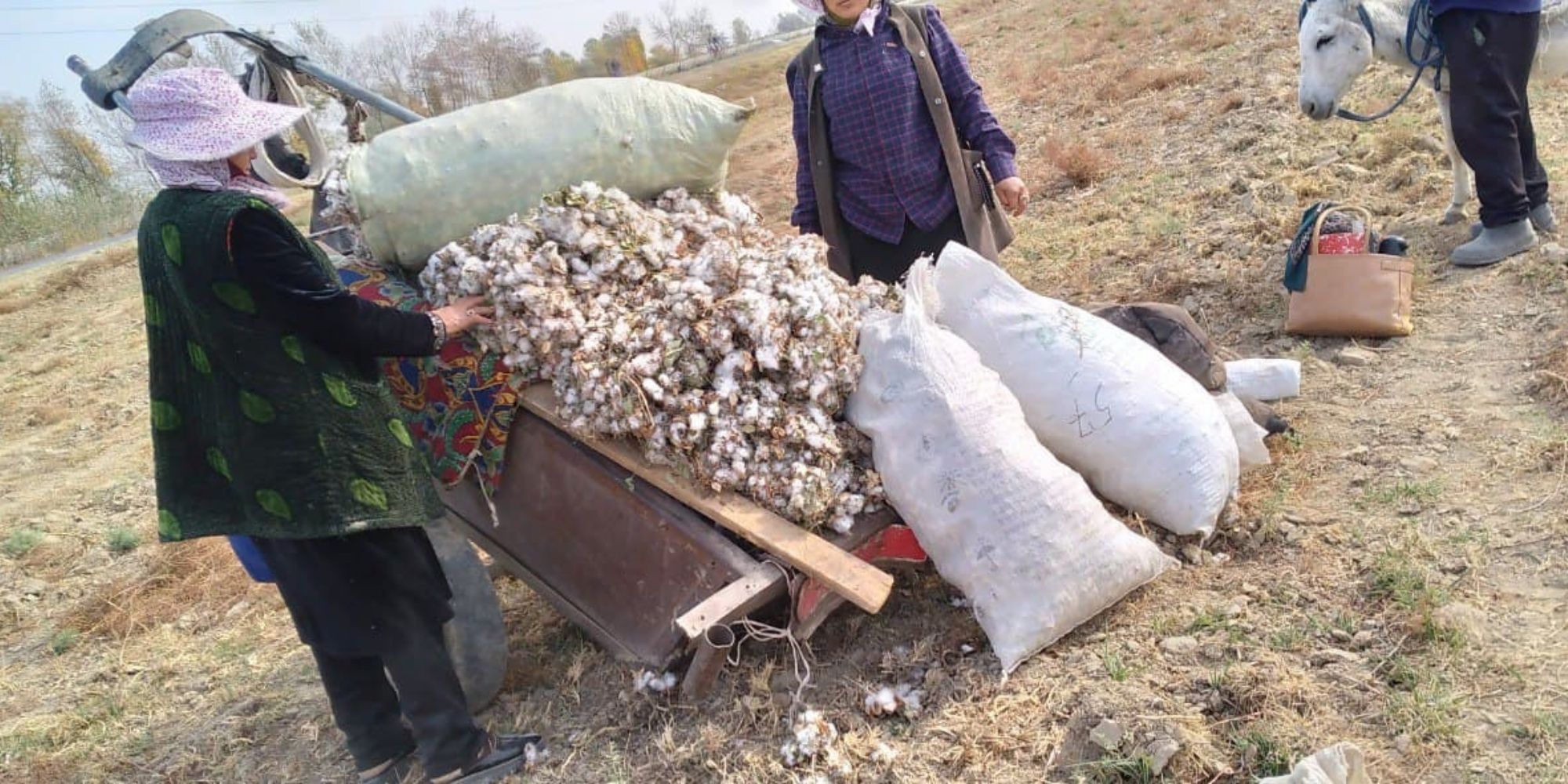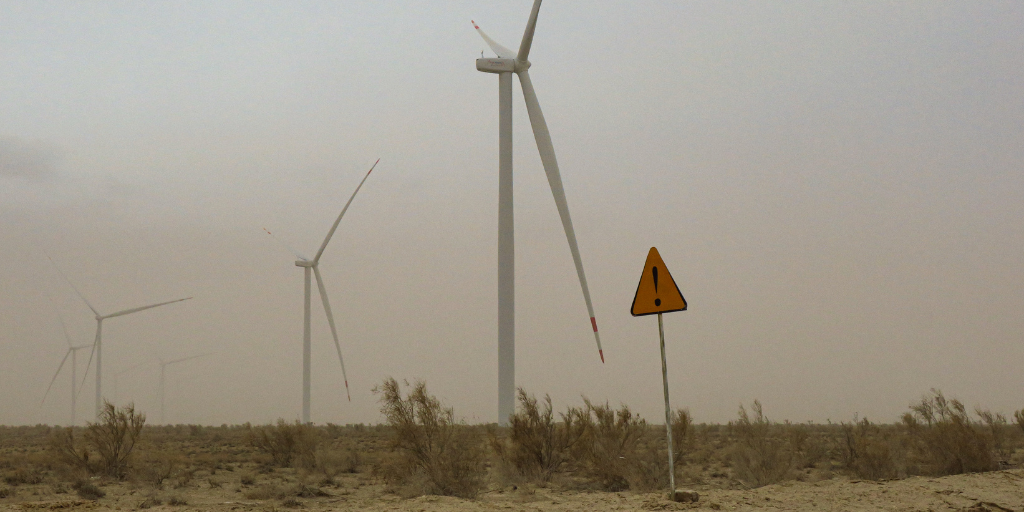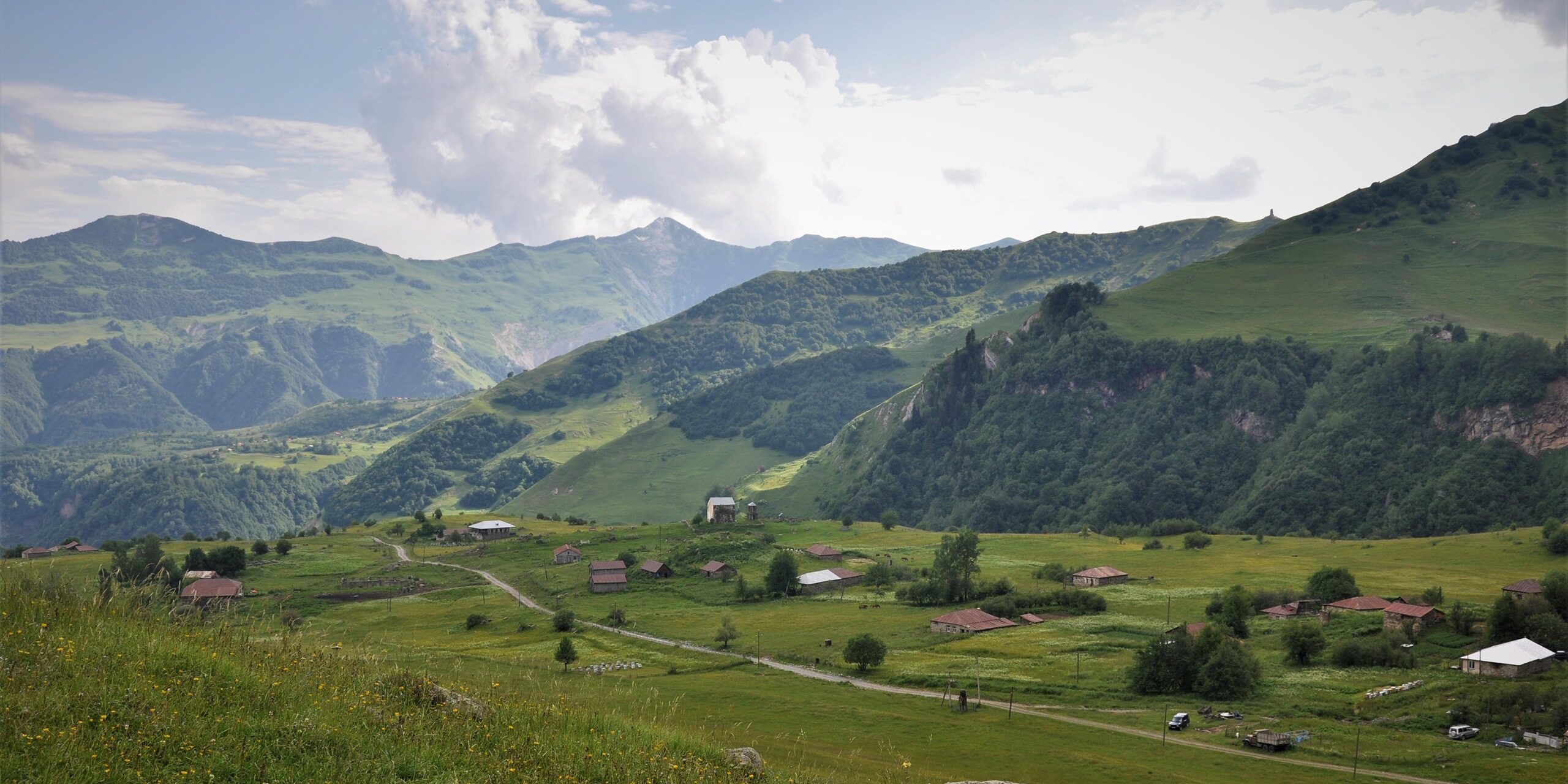Whether in Europe or beyond, public money must not become an auxiliary for human rights violations or the marginalisation of affected communities.
We expose cases where development banks fail to protect those impacted by their projects.
We advocate for participation and consultation processes that are not pro-forma exercises, but a tool to ensure people’s well-being.
We run a helpdesk where activists and communities can get advice on how to challenge controversial projects being considered for funding by development banks.
Close to frontline communities
We’re in direct contact with affected communities and provide updates from their struggles.
Image (c) Rosa Vroom
IN FOCUS
The Reconstruction of Ukraine
The scale of destruction caused by Russia’s aggression against Ukraine has been staggering. To repair the damage, joint efforts to coordinate donations and properly plan Ukraine’s reconstruction must start as soon as possible.
A successful reconstruction of Ukraine cannot happen without involvement of the Ukrainian people. That’s why we’re calling on international donors to ensure that the financial structures to help impacted communities are put in place and that civil society groups have a say in this process.
We believe that Ukraine and the international community have a unique opportunity to modernise the country while addressing people’s needs and long-term sustainability.
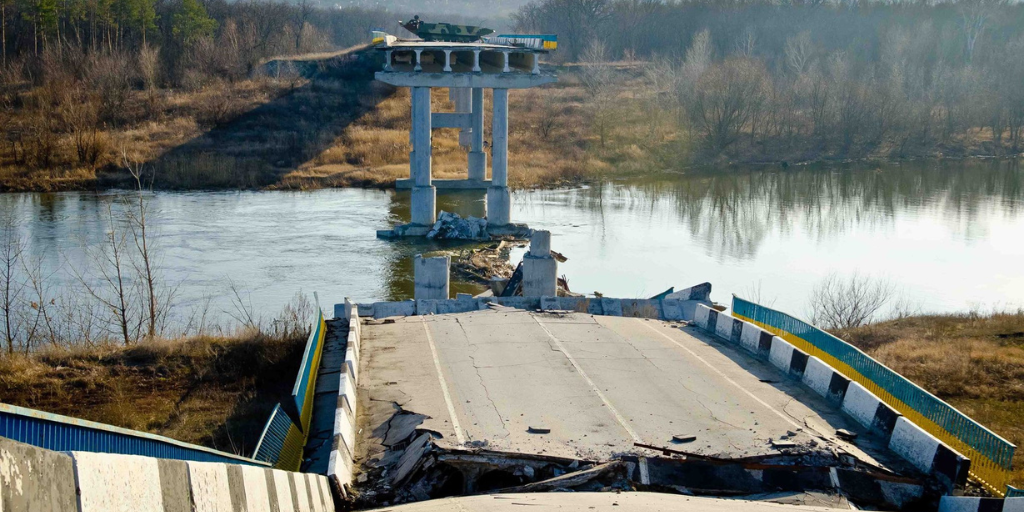
Amulsar gold mine, Armenia
The controversial Amulsar gold mine near the touristic spa town of Jermuk was supported by the EBRD equity investments, but blocked by locals after the velvet revolution in 2018. In spite of a number of legal threats and intimidation by the company, the blockade continued till the eruption of military conflict overNagorno Karabakh (Artsakh) at the end of 2020.
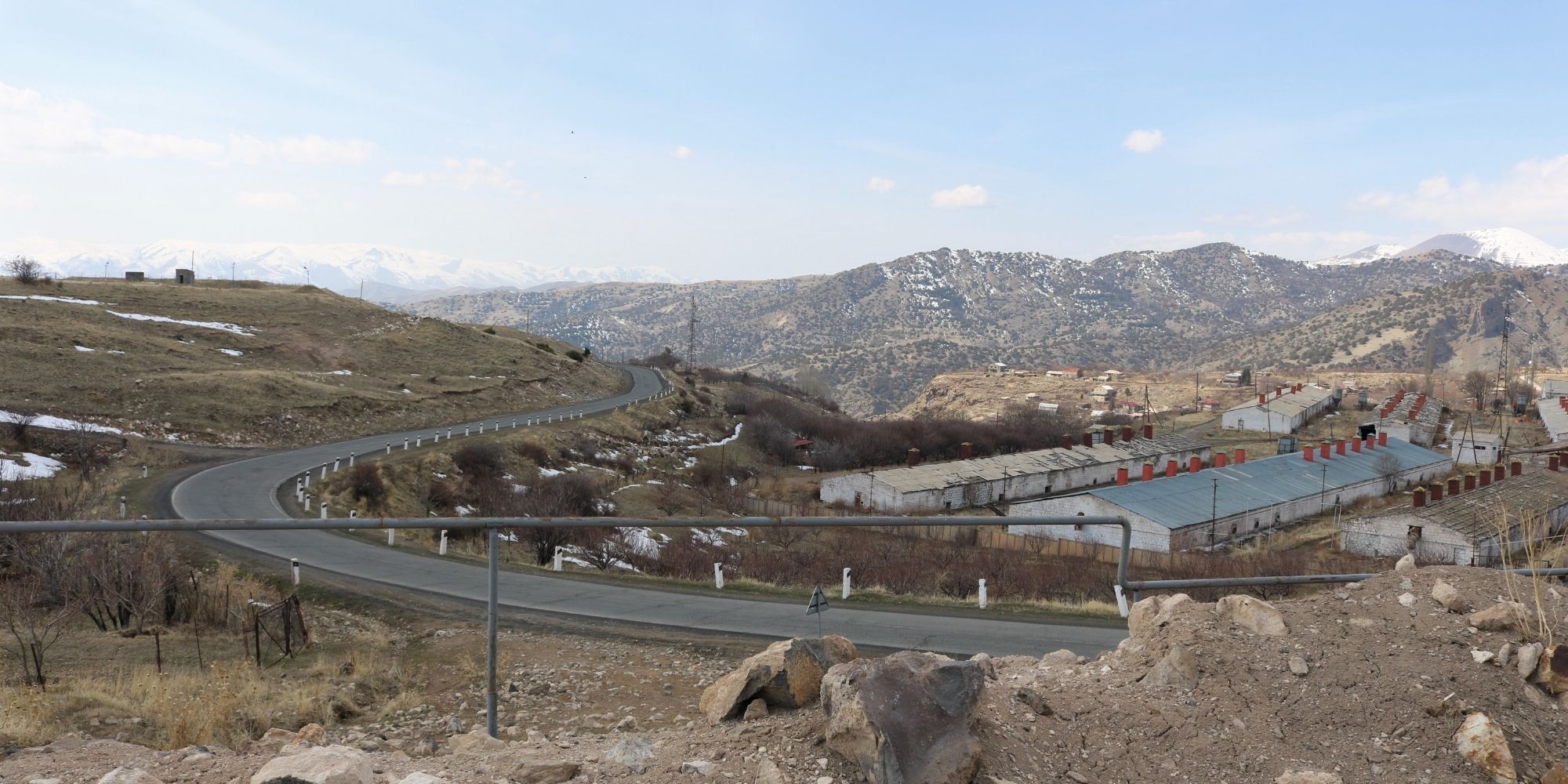
Myronivsky Hliboproduct (MHP), Ukraine
The leading Ukrainian agribusiness giant has been enjoying generous support in public funds and national subsidies. With over half a billion euros from the EBRD, EIB and the IFC, Myronivsky Hliboproduct PJSC (MHP) has grown into a near monopolist in poultry production. While MHP’s vertically integrated model has contributed to its status as a leading Ukrainian agribusiness, the scale and nature of its business have also contributed to mounting concerns about its social and environmental impacts. These concerns are compounded by patterns of poor community consultation and a lack of information provided about MHP’s operations, leaving project-affected people guessing about the true impacts of its operations.
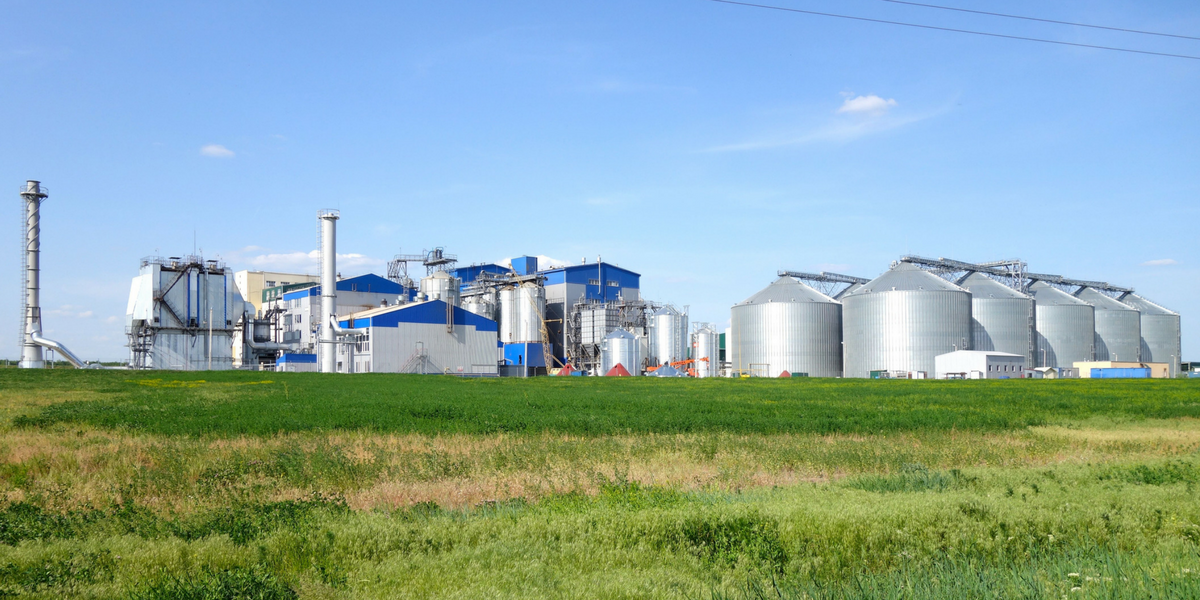
Corridor Vc motorway, Bosnia and Herzegovina
The Bosnian section of the international Corridor Vc is planned to run for 330 km through Bosnia and Herzegovina. Concerns about environmental impacts and threats to cultural heritage were raised by local people and cultural figures. The public discussions about the project have led to a series of scandals and a deadlock of the motorway’s development.
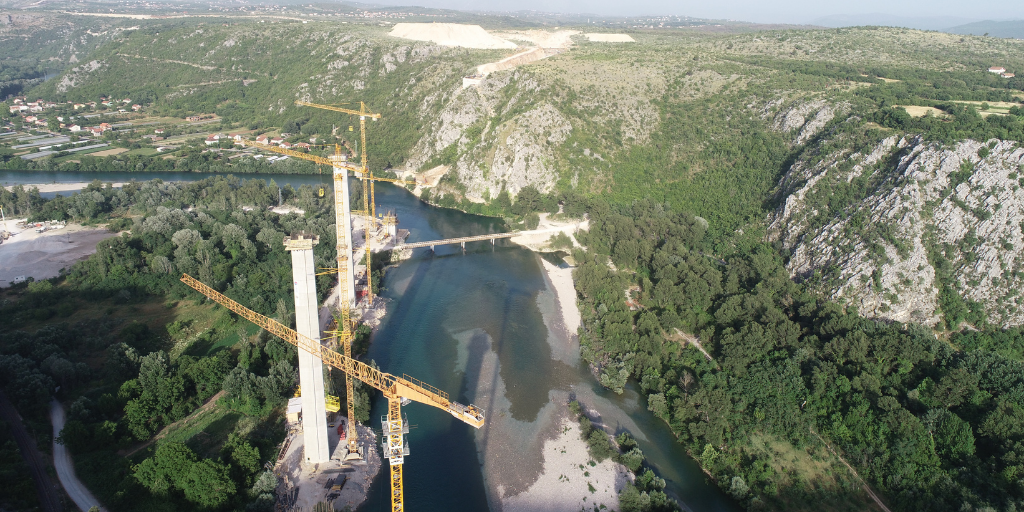
More of our projects
Indorama Agro: Uzbekistan’s infamous cotton producer
Despite being Uzbekistan’s largest cotton producer and receiving millions in development loans from the European Bank for Reconstruction and Development (EBRD), the Asian Development Bank (ADB) and the International Finance Corporation (IFC) – institutions that promote modernisation and corporate responsibility – Indorama Agro faces multiple complaints of worker mistreatment and retaliation.
Zarafshan, Bash and Dzhankeldy wind projects, Uzbekistan
The first large wind projects in the Central Asian country are being built in biodiversity hotspots and hinder the declaration of protected areas. The IFC, EBRD and ADB need to ensure that some of the most problematic turbines are moved away.
The Khada Valley, Georgia
The Khada Valley in Georgia brings together exceptional biodiversity, precious cultural and archeological heritage, and mountainous villages which have preserved rich traditions and historical lifestyles. But all of this might vanish if a 23-kilometer road from Georgia to Russia – the Kvesheti-Kobi project – is built.
Latest news
Empowering communities: Using digital innovation to drive Ukraine’s green recovery
Blog entry | 5 February, 2026Ukraine’s network of more than 1,000 territorial communities now finds itself at a unique historical juncture. On the one hand, decentralisation has entrusted these communities with the authority and responsibility for their own development. On the other, the ongoing war has depleted resources and made the survival of critical infrastructure a key issue.
Read moreFast and furious? Europe hunts for raw materials
Bankwatch in the media | 12 January, 2026The roar of heavy machines, forests and meadows pushed back by steel giants – the traditional image of mining has become rare in Europe. But that could soon change, as access to critical raw materials becomes a global power play.
Read moreThe Czech mining town saying ‘no thanks’ to Europe’s critical raw materials push
Bankwatch in the media | 12 January, 2026As Brussels races to secure raw materials and cut its reliance on China, it’s facing resistance from a Czech region that’s thought to hold a significant lithium deposit.
Read moreRelated publications
Ukraine’s public investment management reform: Sectoral analysis of the Single Project Pipeline
Report | 20 February, 2026 | Download PDFThe Single Project Pipeline is a core instrument of the national public investment management system, focused on specific investment projects and programmes tied to particular sectors and territories.
Cleaning up District Heating: Best technologies and real-life examples (Ukrainian)
Brochure | 18 December, 2025 | Download PDFIntended for practitioners, policymakers, civil society and the energy sector, this brochure reviews various public financing options that can help enable the transition to clean district heating.
Monitoring what matters: Public participation as a systemic issue for the EBRD
Briefing | 11 December, 2025 | Download PDFInformation on public participation practices reported by the EBRD is lacking. This briefing illustrates the importance of regular and effective monitoring of project-level participation to inform the EBRD’s corrective actions and enhance management strategies.
